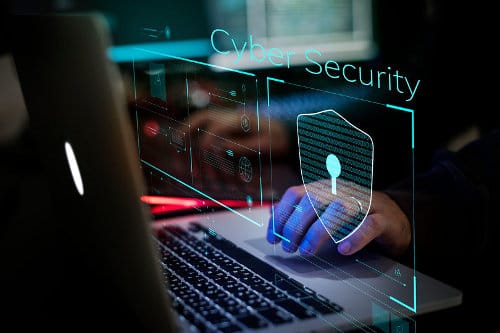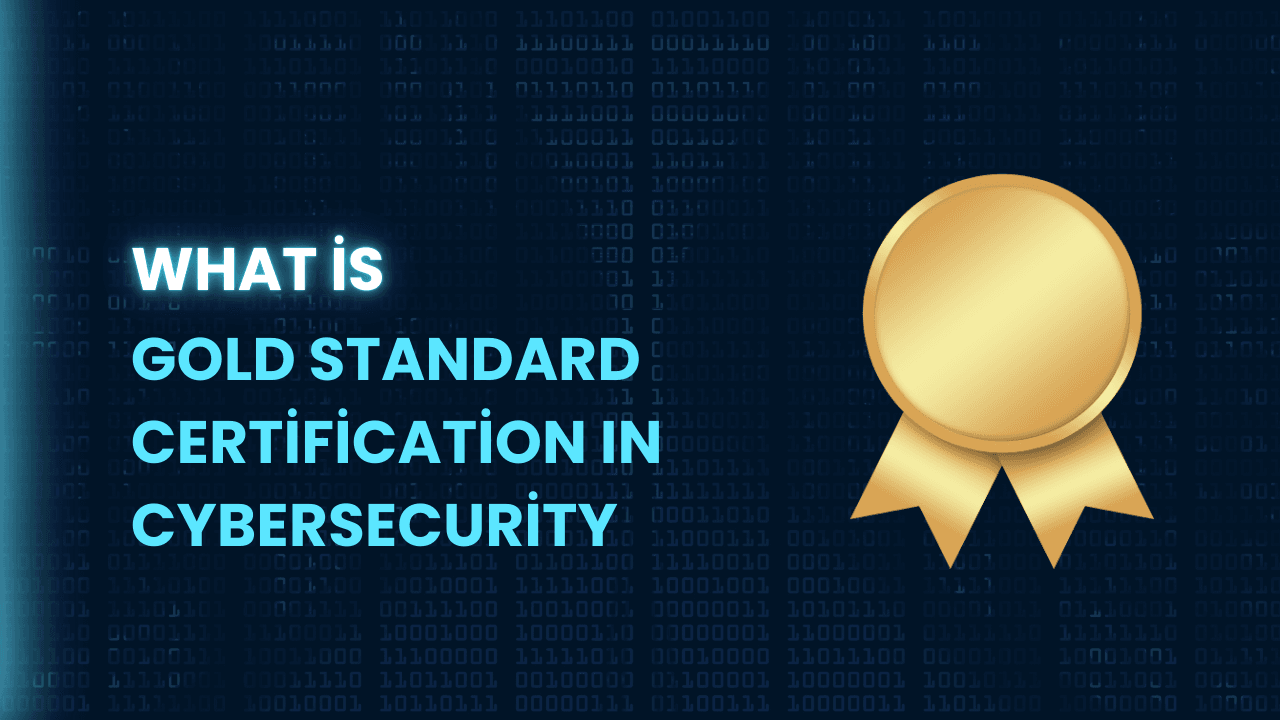
Find out about the different types of cybersecurity specializations. Each specialty has its job description and requires specific areas of interest and skill sets.
With the rapid growth of demand and competitive pay, Cybersecurity is an appealing job option for enough people.
Cybersecurity specialists perform various tasks beyond keeping data systems secure from threats.
People interested in cybersecurity must be aware of any available specializations to determine which field of expertise is desirable to explore.
A specific focus on cybersecurity education may help students think about the qualifications they should pursue and could improve their chances of finding work.
👉🏻 Security Architect
Security engineers design security systems and networks that cannot be accessed by hackers.
The development of effective cybersecurity systems requires a solid understanding of hardware and software and a knowledge of the particular company’s needs.
Security architects can also evaluate their current systems to identify weak points. This job requires the ability to manage risk and think critically.
Because security architects must manage teams and interact with other professionals, Communication, and leadership talent are crucial to success.
👉🏻 Governance, Risk, and Compliance
Because individuals ‘ personal and financial data are often stored and transmitted through networks and information systems, organizations typically establish standards for their cybersecurity practices.
Risk, governance, and compliance (GRC) are the components of cybersecurity that work with the regulations and ensure maximum compliance and low risk.
GRC experts can benefit from creating policies for the organization, establishing well-qualified roles and responsibilities, and considering the possibility of emergency plans.
👉🏻 Data Loss Prevention
Data loss prevention (DLP) is a method for helping organizations ensure their networks are safe and that sensitive data is not stolen.
DLP experts must determine the kind of sensitive information they’re working with. Health, financial, and identification information are all common scenarios for DLP.
Cybersecurity experts working in DLP will be able to assess risks like hackers, external threats, unintentional exposure, and inside threats, such as employees with access to security certificates.
👉🏻 Identity and Access Management
Identity and Access Management (IAM) specialists are the gatekeepers for information systems. They are accountable for ensuring that secure systems can identify users and provide them with access.
Typical uses of IAM include two-factor authentication and single-sign-on systems. IAMs must ensure that users can access systems and data without risking security.
Modern IAM can use technologies like AI biometrics and behavioral analytics to confirm identities and generate safe access mechanisms.
IAMs benefit from their critical thought talent, the capability to establish connections, and the ability to communicate energetically in their work with companies to satisfy security and access requirements.
👉🏻 Digital Forensics and Incident Response
Digital Forensics experts, cybersecurity emergency responders, first responders, and firefighters of cybersecurity.
While many cybersecurity roles are focused on prevention, digital forensics and incident responders are experts on what to do when an incident, attack, or breach is discovered.
After an incident is confirmed, cybersecurity incident response teams are tasked with containing the issue and limiting the damage.
Digital Forensics is the process of determining the source and cause of the hack. It also involves gathering evidence of the breach to pursue cybercrime.
👉🏻 Cloud Security Engineer
Security engineering for cloud-based systems can be described as the cybersecurity field that creates secure and safe cloud-based systems.
Cloud security experts can complete essential tasks, such as creating firewalls and ensuring security measures are in place at every stage within the internet.
Since cloud systems are being utilized to store a lot of information, they are frequent targets of cyberattacks.
Cloud security experts will keep current with the latest advancements regarding cloud-based computing systems and technology.
👉🏻 Internet of Things
The numerous technologies developed over the past few decades have been increasingly connected via networks. This phenomenon is sometimes called “the Internet of Things (IoT ).
Various household appliances, technology, automobiles, and wearable gadgets are linked to the Internet and could be targets for cyberattacks.
They often keep and transmit personal information, which users must remember to safeguard. IoT cybersecurity experts develop cybersecurity solutions that go beyond the traditional computer.
👉🏻 Application Security Engineer
Security engineers for applications concentrate on cybersecurity design and implementation at the application level.
They can examine the vulnerability of existing application designs and suggest improvements to fix any weaknesses.
Security engineers for applications often create encryption software and establish firewalls to protect applications.
👉🏻 Cryptographer
The cryptographers are in charge of establishing encryption methods and algorithms that help keep networks and data secure.
Cybergraphers must apply logic and reasoning abilities to develop procedures that cannot be compromised easily.
Cryptography is a great career option for people who love the most advanced aspects of mathematics and computer science.
Cybergraphers must learn throughout their careers to stay ahead of hackers and cybercriminals.
Find a Cybersecurity Program Today
Finding the perfect cybersecurity certificate or education program can be the initial step to a thrilling job in one of these areas. Find the correct information to determine the best security program now.







